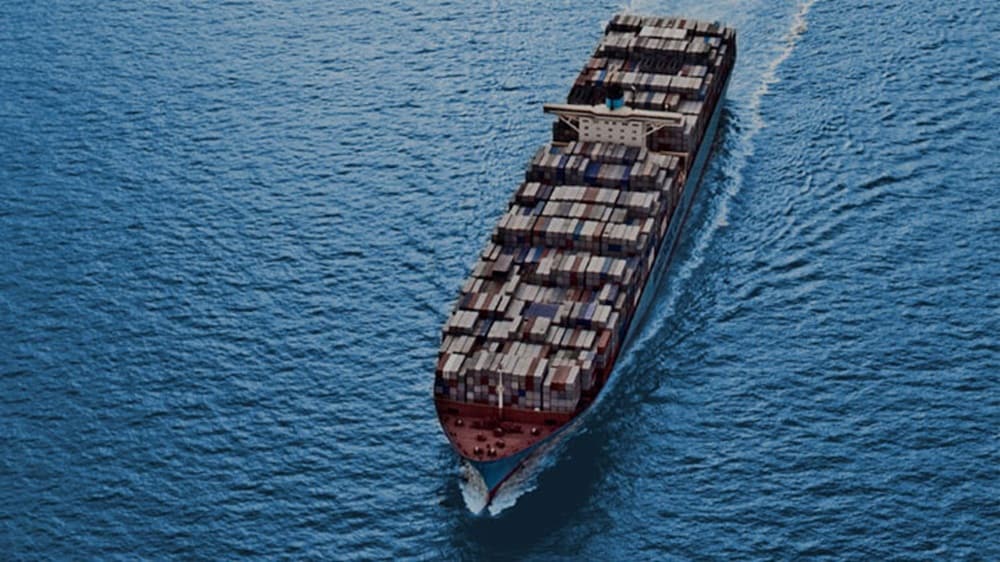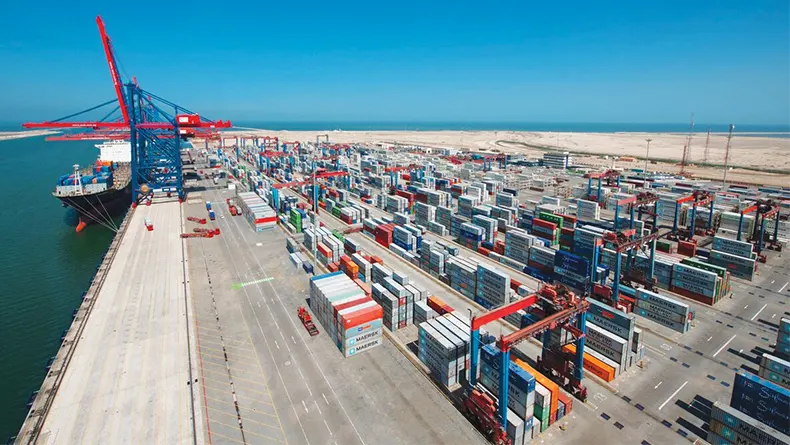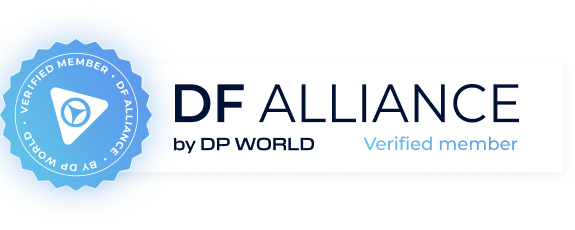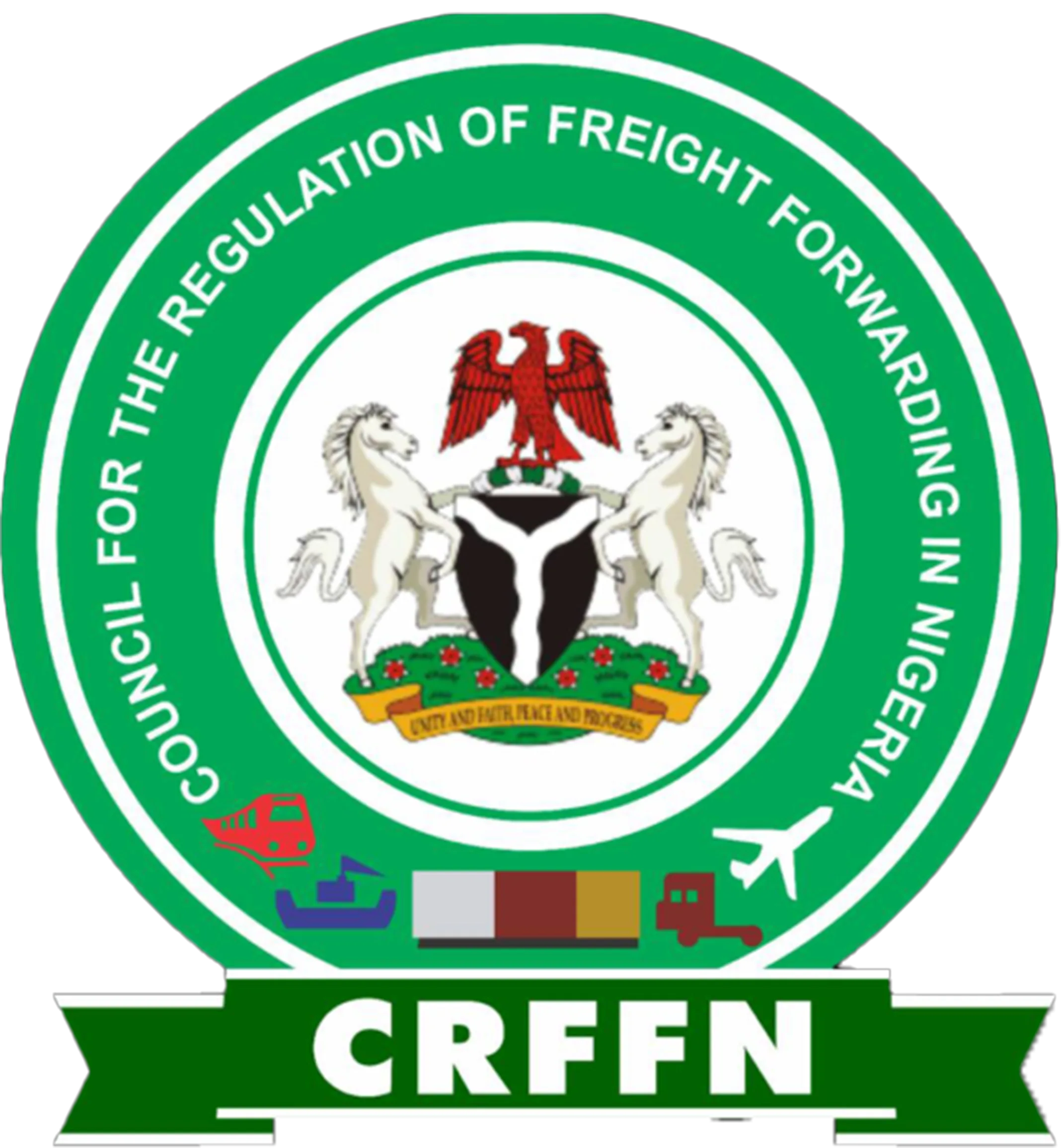Connecting Mali across Africa and beyond
Limark has been a trusted logistics partner in Mali for years, understanding the nuances of trade in this dynamic West African nation. Our extensive experience navigating Mali’s unique customs regulations and diverse transportation network ensures your cargo moves efficiently across borders, connecting you to key regional and international markets.
With our established presence in over 40 African countries, we offer unparalleled reach and flexibility for your Malian shipments. Whether you’re exporting Mali’s sought-after gold, cotton, or livestock, or importing essential machinery and consumer goods, we provide comprehensive logistics solutions to optimize your supply chain.

Import regulations
Importing goods to Mali requires navigating specific procedures and documentation. Here’s a breakdown of the essential requirements:
Product categories requiring import licenses/permits
Food and Agricultural Products
- Cereals (rice, wheat, maize): Import licenses from the Ministry of Agriculture are required to ensure food security and price stability.
- Sugar: Import licenses are necessary due to the strategic importance of this commodity and to protect domestic production.
- Vegetable Oils: Licenses are required to control the quality and origin of imported oils.
- Meat and Poultry: Health certificates and import permits are required to safeguard public health and prevent the spread of animal diseases.
- Dairy Products: Import licenses and health certificates are required to ensure the safety and quality of imported dairy products.
Pharmaceuticals and Medical Devices
- Medicines: Marketing authorization (AMM) from the Ministry of Health and Social Development is mandatory.
- Medical Devices: Registration with the Ministry of Health is required.
- In Vitro Diagnostic Devices (IVDs): A separate registration process with the National Laboratory of Health (LNS) is necessary
Chemicals and Hazardous Materials
- Industrial Chemicals: Import permits are required from the Ministry of Environment, Sanitation, and Sustainable Development
- Pesticides: Special authorization from the Plant Protection Directorate is needed
- Hazardous Materials: Strict adherence to international transport regulations (ADR, IMDG, IATA) is required
Weapons and Ammunition
- Firearms and Ammunition: Import licenses from the Ministry of Security and Civil Protection are mandatory
- Explosives: Special authorization is required for importing explosives for industrial or mining purposes
Telecommunications Equipment
- Mobile Phones and Accessories: Type approval from the Regulatory Authority for Posts and Telecommunications (ARPT) is required.
- Network Equipment: Import licenses may be required for specific types of network equipment.
Vehicles
- New Vehicles: Import permits are required from the Ministry of Economy and Finance.
- Used Vehicles: Strict age restrictions apply, and pre-shipment inspection may be required.
Prohibited and restricted imports
Absolute prohibitions
- Narcotic drugs and psychotropic substances
- Pornographic and obscene materials
- Counterfeit and pirated goods
- Hazardous waste (Basel Convention)
- Ozone-depleting substances (Montreal Protocol)
- Asbestos
- Landmines and cluster munitions
- Conditional Prohibitions (require special permits):
- Weapons and ammunition
- Explosives
- Radioactive materials
- Certain chemicals and pesticides
- Restricted Imports (subject to specific conditions):
- Used clothing
- Right-hand drive vehicles
- Live animals and animal products
- Plants and plant products
- Tobacco and tobacco products
- Alcoholic beverages
- Gambling equipment
Relevant agencies
- Customs Directorate of Mali
- Ministry of Economy and Finance
- Ministry of Agriculture
- Ministry of Health and Social Development
- Ministry of Environment, Sanitation, and Sustainable Development
- Ministry of Security and Civil Protection
- Ministry of Industry and Commerce
- Regulatory Authority for Posts and Telecommunications (ARPT)
- Plant Protection Directorate
- National Laboratory of Health (LNS)
Free Time
- Typically 3 to 7 days after the container is discharged, but this can vary depending on the shipping line and port.
- Check the specific free time terms in your Bill of Lading or contract.
Demurrage charges
- Calculated per container, per day
- Rates vary depending on the shipping line, container size, and time elapsed
- Escalation clauses may apply after a certain period
Detention charges
- Separate from demurrage charges.
- Applied when the container is held beyond the agreed-upon time for return to the shipping line.
- Rates vary depending on the shipping line and container size.
Storage Limitations
- Ports have limited container storage capacity.
- Containers not cleared in time may be moved to off-dock depots at additional cost.
Calculation Methods
- Demurrage and detention charges are calculated based on calendar days, not working days.
- Saturdays, Sundays, and public holidays are included in the calculation.
Commercial Invoice
- Detailed description of goods (including HS codes, brand, model, etc.)
- Quantity, weight, and unit price of goods
- Total invoice value in USD or XOF
- Incoterms (International Commercial Terms)
- Payment terms (e.g., letter of credit, cash against documents)
- Full details of the consignee and consignor
Packing List
- Detailed list of all items in each package
- Description, quantity, weight, and dimensions of each item
- Package markings and numbers
Bill of Lading/Airway Bill
- Evidence of the contract of carriage between the shipper and carrier
- Details of the shipment, including the consignee, consignor, and port of loading/discharge
- Number and type of packages
- Gross weight and measurement of the cargo
Certificate of Origin
- Issued by the Chamber of Commerce in the exporting country
- Declares the origin of the goods
- Required for preferential tariff treatment under trade agreements (e.g., ECOWAS)
Import Declaration Form (IDF)
- Submitted through the ASYCUDA World system
- Requires detailed information about the shipment, importer, and goods
- Import License/Permit (for regulated goods):
- Issued by the relevant government agency
- Mandatory for specific products as mentioned above
Pre-Shipment Inspection Certificate (PSI)
- Required for shipments valued over USD 2,500
- Issued by an authorized inspection company (e.g., Bureau Veritas, SGS)
- Verifies the quality, quantity, and value of the goods before shipment
Other Certificates
- Phytosanitary certificate (for plants and plant products)
- Health certificate (for animals and animal products)
- Certificate of analysis (for chemicals and food products)
- CITES permit (for endangered species)
Import licenses and permits
- Identify the Regulating Agency:
- Determine the specific ministry or agency responsible for your goods based on the product category.
- Gather Required Documents:
- Proforma invoice or commercial contract
- Technical specifications and data sheets (if applicable)
- Certificates of origin, analysis, quality, etc
- Business registration documents and tax clearance certificates
- Any additional documentation specific to the product or agency
- Submit Application:
- Complete the import permit application form
- Submit the application along with the required documents and fees to the relevant agency
- Applications are typically submitted online or in person
- Processing and Approval:
- The application will be reviewed and processed by the agency.
- The processing time varies depending on the product and agency, but it can take several weeks.
- If approved, the import permit/license will be issued.
- Validity and Renewal:
- The validity period of import permits varies depending on the product and agency.
- Renewal procedures involve submitting a new application with updated documents before the expiry date.
- Costs
- Import permit fees vary depending on the product and agency.
- Additional costs may include inspection fees, testing fees, and translation fees.
Customs clearance procedures
-
Pre-arrival processing:
- The importer or their agent lodges the import declaration (IDF) through the ASYCUDA World system before the shipment’s arrival.
- Customs performs a risk assessment to determine the need for inspection.
-
Arrival and Unloading:
- The vessel or aircraft arrives at the port or airport.
- The cargo is unloaded and placed in customs control.
-
Document Verification and Duty Assessment:
- Customs verifies the submitted documents, including the commercial invoice, packing list, bill of lading, certificate of origin, import permit, and PSI (if applicable).
- Import duties, taxes, and fees are calculated based on the HS code, value, and origin of the goods.
-
Payment of Duties and Taxes:
- The importer or their agent pays the assessed amount
- Payment methods may include bank transfers, cash, or electronic payments
-
Inspection (if required):
- Customs may select shipments for physical inspection based on risk assessment.
- Inspections may involve verifying the goods against the documents, checking the quality and quantity, and testing for compliance with standards.
-
Release of Goods:
- If the shipment complies with all regulations and requirements, and duties/taxes are paid, customs releases the goods for delivery to the importer.
Port/Terminal operations
Major Seaports
- Dakar Port (Senegal): The primary transit port for Malian imports due to its landlocked status.
Air Cargo Hub
- Modibo Keita International Airport (Bamako): The main airport for air cargo imports.
Cut-off dates
- Vary depending on the shipping line and port of destination.
- It is crucial to confirm the cut-off dates with your shipping agent or freight forwarder well in advance to avoid delays
Documentation Requirements at Terminals
- Ensure all required documents are in order before the shipment’s arrival to prevent delays or penalties.
- Have copies of the bill of lading, commercial invoice, packing list, import permit (if applicable), and other relevant certificates readily available for customs inspection.
Container Pickup/Drop-off and Storage
- Coordinate with your shipping agent or freight forwarder for the smooth pickup and drop-off of containers at Dakar Port
- Be aware of the free time allowance for container storage at the port to avoid demurrage charges
- If necessary, explore off-dock container storage options for longer-term storage needs
Pre-Shipment Inspection (PSI):
- PSI is mandatory for shipments valued over USD 2,500 and is conducted by authorized inspection companies like Bureau Veritas or SGS
- The PSI verifies the quality, quantity, price, and customs classification of the goods before shipment
- It helps prevent fraudulent practices and ensures compliance with Malian standards and regulations
Electronic Cargo Tracking Note (ECTN):
- An electronic cargo tracking note (ECTN) or Bordereau de Suivi des Cargaisons (BSC) is mandatory for all shipments to Mali.
- It must be obtained from the Council of Malian Shippers (CMM) before the shipment arrives at the port of entry.
- The ECTN/BSC is used to track the movement of goods and facilitate customs clearance.
Customs Valuation
- The customs value of imported goods is determined based on the transaction value, which is the price paid or payable for the goods when sold for export to Mali.
- Customs may adjust the declared value if they believe it is not accurate.
Tariff Classification
- Goods are classified according to the Harmonized System (HS) code
- The HS code determines the applicable import duty rate and other taxes
- It is essential to ensure the correct HS code is used to avoid delays and penalty
Disclaimer: This information is based on the latest available data and may be subject to change. Always consult with relevant authorities and experts for the most up-to-date and accurate information.
Export regulations
Get a detailed guide that provides an in-depth look into every aspect of the export process to ensure your goods are shipped efficiently and in compliance with all legal standards.
Product categories requiring export licenses/permits
Gold:
- Mining License and Authorization: Exporters must possess a valid mining license and obtain authorization from the Ministry of Mines for each export shipment.
- Export Permit: A specific export permit from the Ministry of Mines is required, detailing the quantity, value, and destination of the gold.
- Certification: Gold must be assayed and certified by an accredited laboratory to determine its purity and quality.
- Declaration of Origin: Exporters must provide a declaration of origin to certify that the gold is of Malian origin and not from conflict zones.
Cotton:
- Export License: Exporters need a license from the Cotton Development Company (CMDT), a state-owned enterprise responsible for cotton production and marketing.
- Quality Standards: Cotton exports must meet specific quality standards set by the CMDT to maintain Mali’s reputation in the international market.
- Export Contracts: Exporters must register their export contracts with the CMDT.
Live Animals and Animal Products
- Health Certificate: A health certificate issued by the Veterinary Services Directorate is mandatory for all live animals and animal product exports.
- Veterinary Inspection: Animals must undergo a pre-export veterinary inspection to ensure they are free from diseases.
- Quarantine Requirements: Some countries may have specific quarantine requirements for imported animals or animal products.
Plants and Plant Products
- Phytosanitary Certificate: A phytosanitary certificate issued by the Plant Protection Directorate is required for all plant and plant product exports.
- Inspection: Plant products may be subject to inspection to verify compliance with phytosanitary regulations.
Art and Cultural Artifacts
- Export Permit: A permit from the Ministry of Culture is mandatory for exporting any art or cultural artifact
- Valuation: The artifact must be valued by the National Directorate of Heritage (DNP) to determine its cultural and historical significance.
- Restrictions: Some artifacts of significant national importance may be prohibited from export.
Prohibited and restricted exports
Prohibited Exports
- Narcotic drugs and psychotropic substances
- Pornographic and obscene materials
- Counterfeit and pirated goods
- Hazardous waste (Basel Convention)
- Ozone-depleting substances (Montreal Protocol)
- Weapons and ammunition (except with authorization from the Ministry of Defense)
- Toxic chemicals and pesticides not registered or approved by the relevant authorities
- Explosives (except for authorized industrial or mining use)
- Human organs and tissues
- Restricted exports (require specific permits and may have additional conditions):
- Endangered species and products (CITES permits)
- Live animals and animal products
- Plants and plant products
- Art and cultural artifacts
- Certain minerals and gemstones
- Raw hides and skins
Required documents
Commercial Invoice: Must include a detailed description of goods (HS codes, brand, model, etc.), quantity, weight, unit price, total invoice value in USD or XOF, Incoterms, payment terms, and complete details of the consignee and consignor.
Packing List: Must provide a detailed list of all items in each package, including description, quantity, weight, dimensions, and package markings.
Bill of Lading/Airway Bill: Serves as evidence of the contract of carriage and contains details of the shipment, consignee, consignor, port of loading/discharge, number and type of packages, and gross weight and measurement of the cargo.
Certificate of Origin: Issued by the Chamber of Commerce in the exporting country, declaring the origin of the goods. It may be required for preferential tariff treatment under trade agreements.
Export Declaration Form (EXS): Submitted electronically through the Sydonia World system, providing detailed information about the shipment, including the exporter’s details, goods description, HS codes, value, and destination.
Export License/Permit (if applicable): Issued by the relevant government agency for regulated products.
Export Declaration Process
- Registration: The exporter or their agent registers with the Customs Directorate and obtains an exporter code
- Preparation of Documents: Gather all required documents, ensuring their accuracy and completeness
- Submission of EXS: Complete and submit the EXS electronically through the Sydonia World system
- Verification and Approval: Customs verifies the declaration and documents. If compliant, an export authorization is issued
- Shipment: Proceed with the shipment of goods, providing the export authorization to the carrier
Required export certificates
- Phytosanitary certificate: Issued by the Plant Protection Directorate for plant and plant products
- Health Certificate: Issued by the Veterinary Services Directorate for live animals and animal products
- Certificate of Analysis: Required for certain products, such as chemicals and food products, to verify their composition and compliance with standards.
- CITES Permit: Issued by the National Directorate for the Protection of Nature (DNPN) for endangered species.
Major Ports
- Dakar Port (Senegal): The primary transit port for Malian exports. It offers containerized cargo handling, bulk cargo facilities, and roll-on/roll-off (ro-ro) services.
- Abidjan Port (Côte d’Ivoire): An alternative transit port for some exporters, offering similar services to Dakar Port.
Cut-off Times and Procedures
- Vary depending on the shipping line, port of destination, and type of cargo
- Cut-off times typically range from 24 to 72 hours before the vessel’s departure
- Procedures include document submission, customs clearance, security screening, and container loading
Container Storage and Free Time
- Both Dakar and Abidjan ports offer container storage facilities
- Free time for storage usually ranges from 3 to 7 days after the container is discharged
- Storage fees apply after the free time expires
Returning empty containers
- Coordinate with your shipping line or agent to return empty containers to the designated depot.
- Ensure timely return to avoid detention charges.
Duties, Taxes, and Fees
- Export Duties: Generally, Mali does not impose export duties on most goods. However, specific export taxes or levies may apply to certain products (e.g., gold).
- Other Fees: Customs processing fees, document handling charges, terminal handling charges, storage fees, and inspection fees may apply.
Disclaimer: This information is based on the latest available data and may be subject to change. Always consult with relevant authorities and experts for the most up-to-date and accurate information.
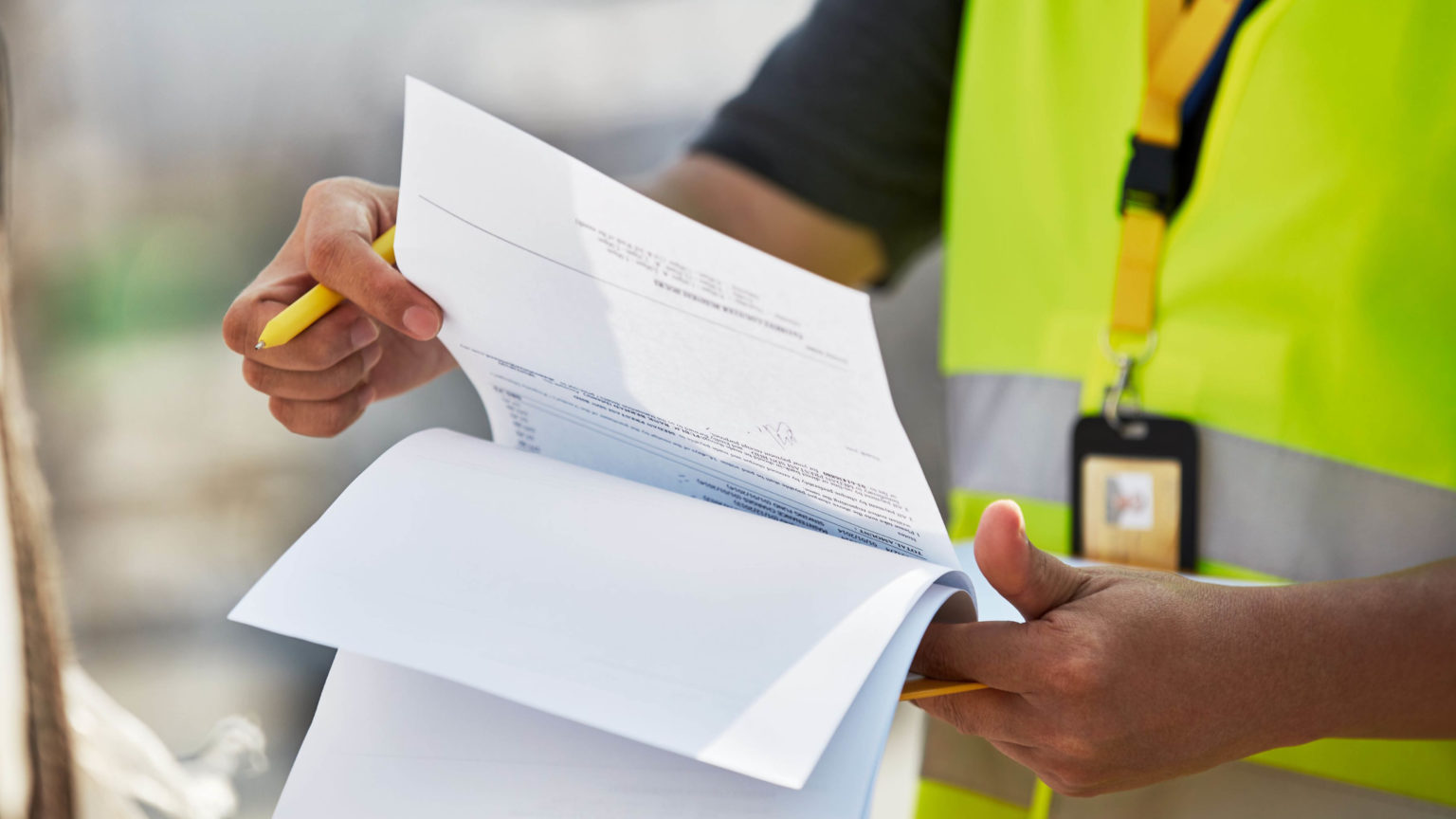
Expertise You Can Trust
Seamless cross-border shipping to and from Mali
Navigating Mali’s intricate import and export landscape can be a logistical labyrinth. At Limark, we’ve mastered the maze. Our deep understanding of Malian regulations and customs procedures ensures your shipments flow smoothly, arriving on time and intact. We don’t just deliver cargo; we deliver peace of mind.
When you partner with Limark, you’re not just choosing a logistics provider — you’re choosing a strategic ally invested in your success. Our streamlined processes and local expertise translate into cost savings and enhanced efficiency for your supply chain. Contact us today for a personalized consultation and discover how we can optimize your trade routes to and from Mali.
Get Expert Guidance
Contact our regional experts
Partner with experienced freight forwarders and customs brokers for seamless shipping to and from Mali. Ensure full documentation compliance with the guidance and logistics services of our team.
Sales enquiries
We’re happy to talk to you about your shipment needs anytime. Please get in touch with us.
Ready to ship?
Get your shipment moving faster. Request a quote today for our end-to-end supply chain services.
Other African Countries


